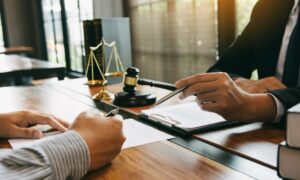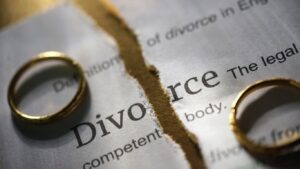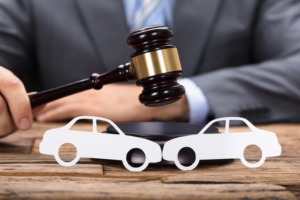
Car accidents, whether they be minor “fender-benders” or fatal crashes, occur millions of times annually throughout the world. Despite how frequent they are, many people are unaware of the proper steps to take after getting into a car accident. Even seemingly minor car crashes in which no one gets injured need to be handled properly and with attention to detail. Here are the necessary steps that must be taken after experiencing a car accident.
- Check for Injuries
The most important thing to do right after a car accident is to determine whether you or your passengers need immediate medical attention. If anybody is seriously hurt, call 911 and wait for emergency services to arrive.
- Get Everyone to Safety
Even after a car crash has occurred, there can still be danger depending on where the accident happened and the circumstances of the aftermath. It can be especially dangerous if an accident occurs on the highway or on a busy street. If your car is still operable, drive to a safe location such as the side of the road or out of the way of traffic. If you cannot drive your car, carefully remove yourself and your passengers from the vehicle, and walk to safety.
- the Police
If you have not already done so, call the police so they can fill out a detailed accident report and properly handle any issues. In some states, calling the police after a car accident is mandatory. In addition, if you are unable to call the police directly after the accident, you can go to a police station to fill out a report there.
- Exchange Information With the Other Driver(s)
After a car crash, it is important to communicate with the other people involved in the accident. Vital information to share includes your name and contact information, insurance company, and license plate number. You should avoid trying to place blame on anybody, since that is usually determined by insurance companies, and it could cause unwarranted friction.
Furthermore, you should never leave the scene of an accident before it has been resolved either by the police or the parties involved. Failing to do so can result in severe criminal penalties, even if you weren’t at fault.
- Document the Scene
There could potentially be legal ramifications or other disputes in the aftermath of an accident, so it’s important that you adequately document the scene yourself. It is a good idea to take pictures of the scene and any damage done to vehicles to provide documentation for insurers, as well as identify and speak with any witnesses to corroborate your account of the accident.
- Calculate Vehicle Damage
While you are exchanging information with the others involved in the accident, it is important to assess and calculate vehicle damage. The value of damage done to your vehicle will often be more than what is covered by insurance companies, so adequately documenting the accident scene and calculating damage can help ensure that you will get the maximum reimbursement possible
- 7. Contact Your Insurance Company
Once things have settled down, be sure to call your insurance company to inform them of the accident. This should preferablydone at the scene, when you can provide them with the clearest details and promptly deal with any issues regarding the other drivers. It is important that you be truthful in your account and not over-exaggerate any details, as lying can result in getting your coverage revoked.



